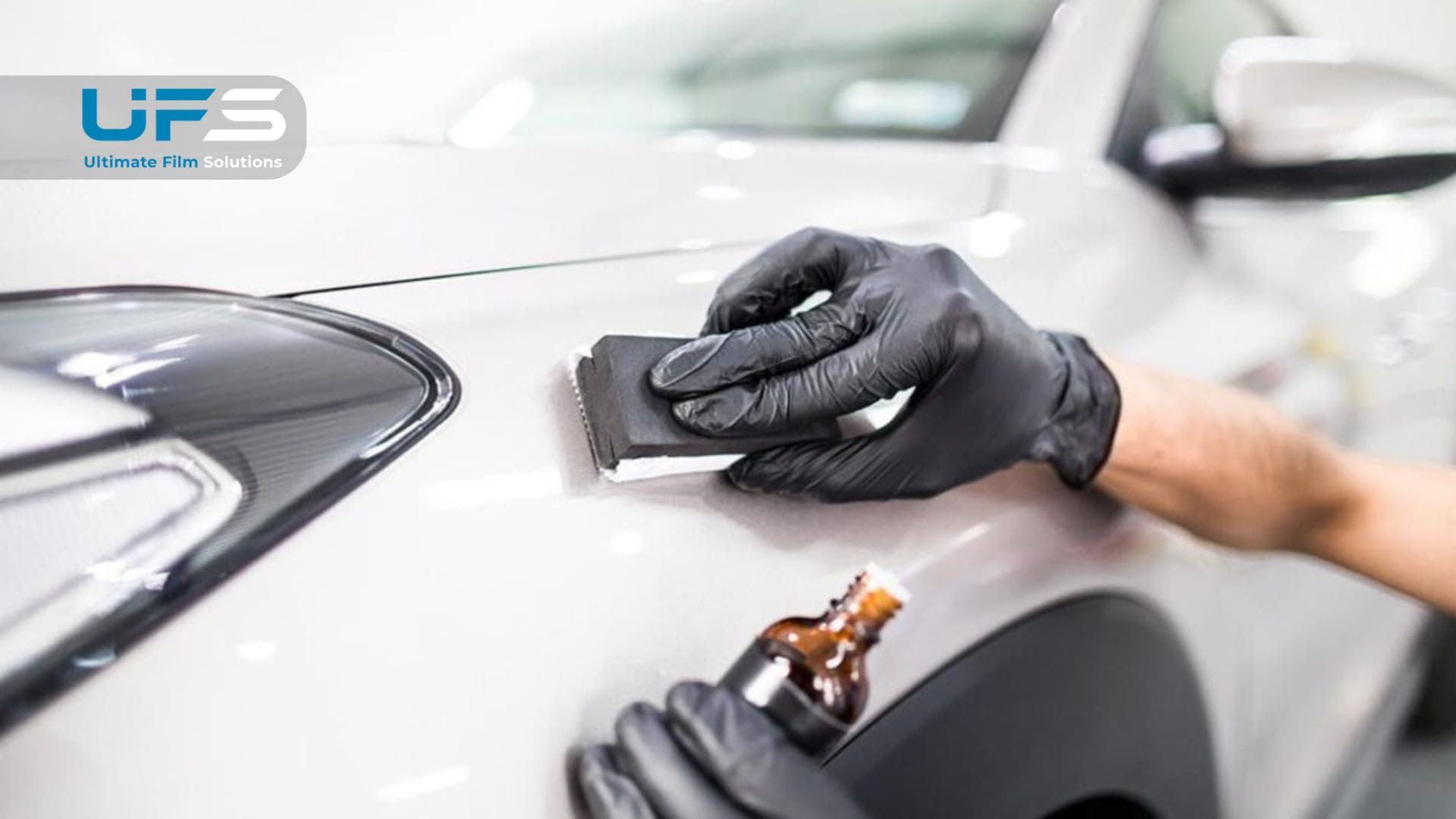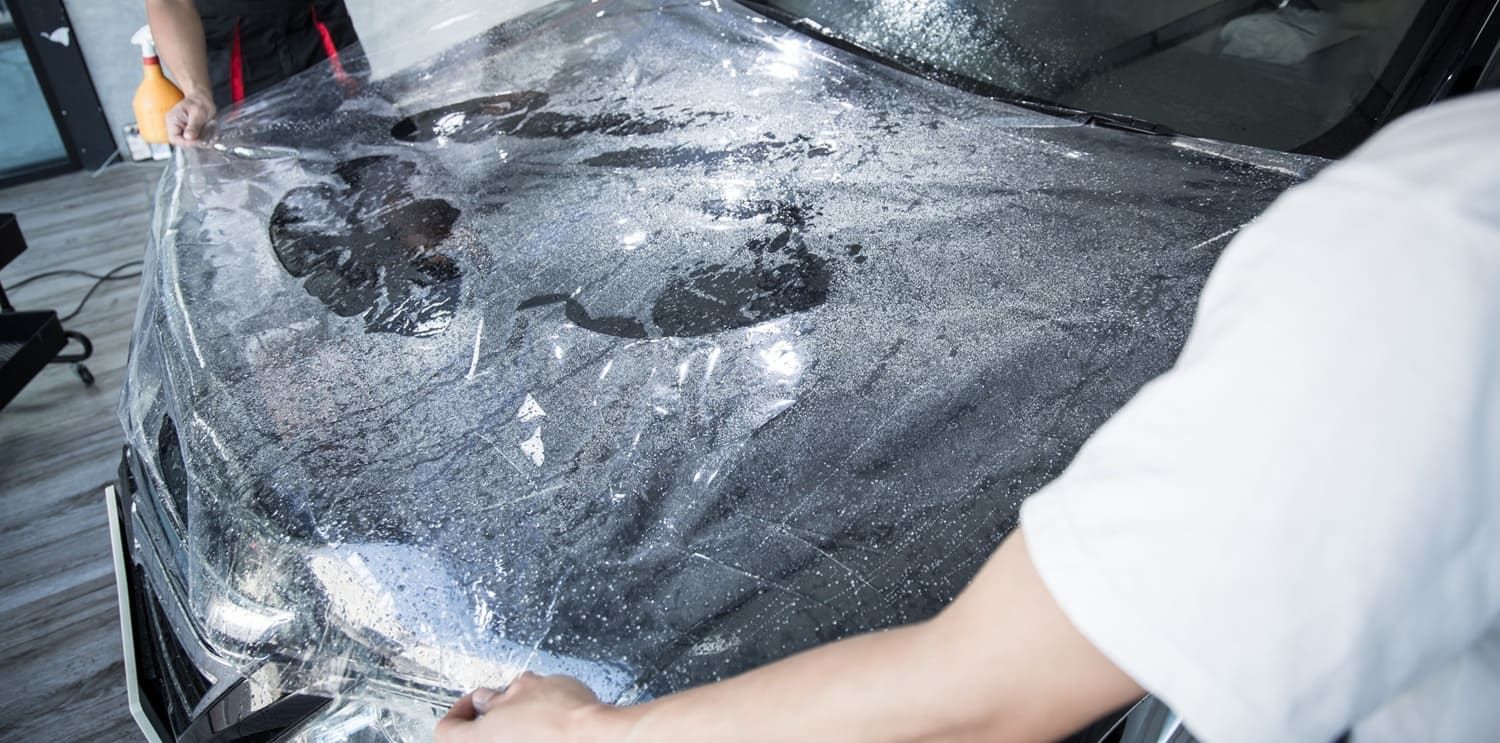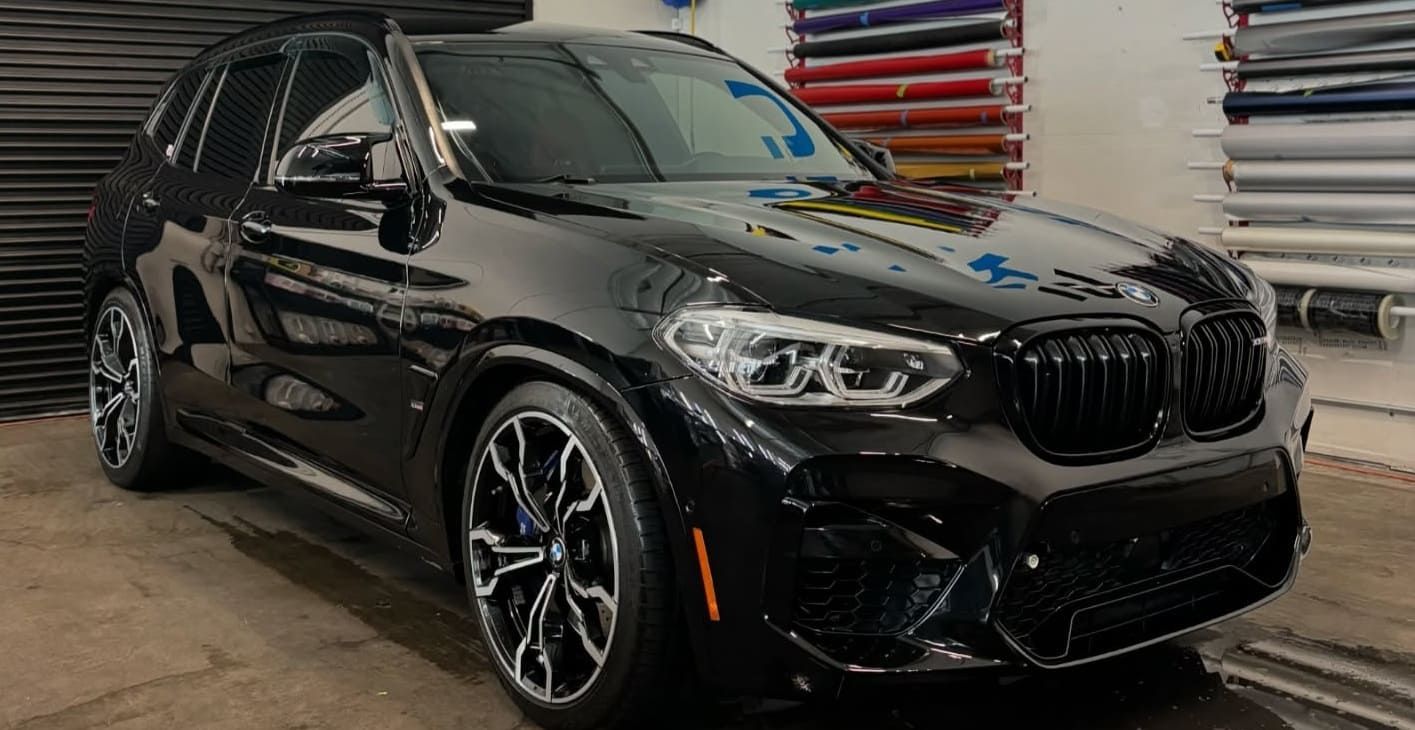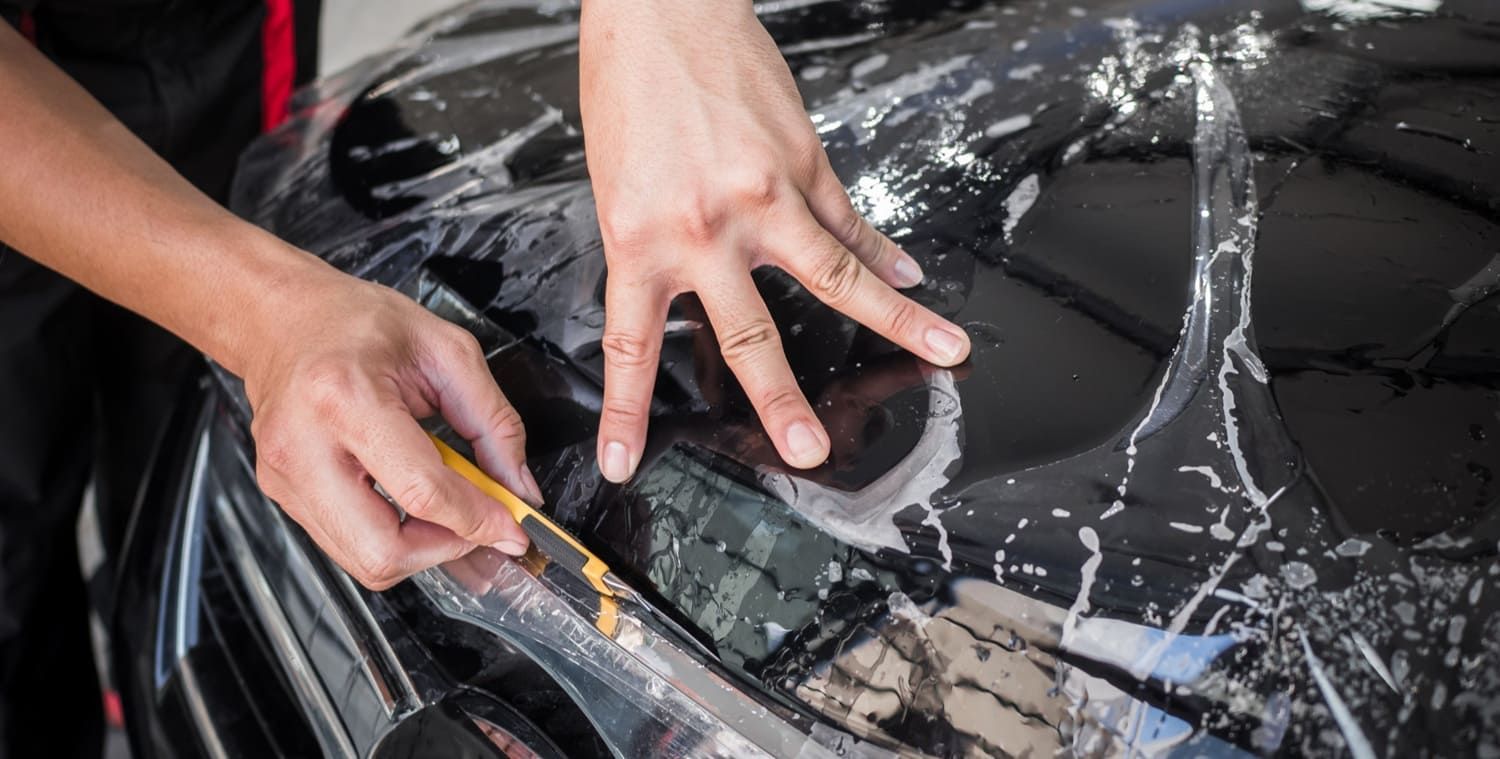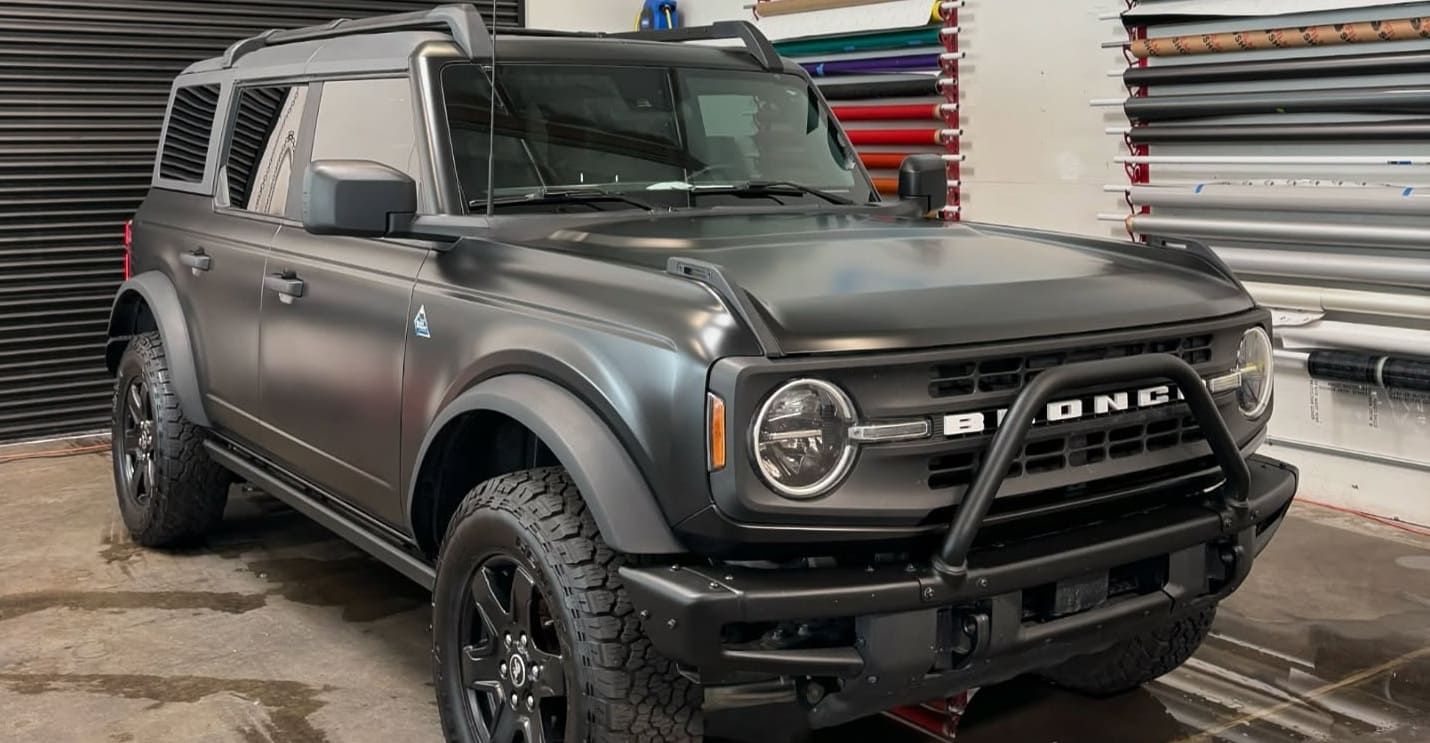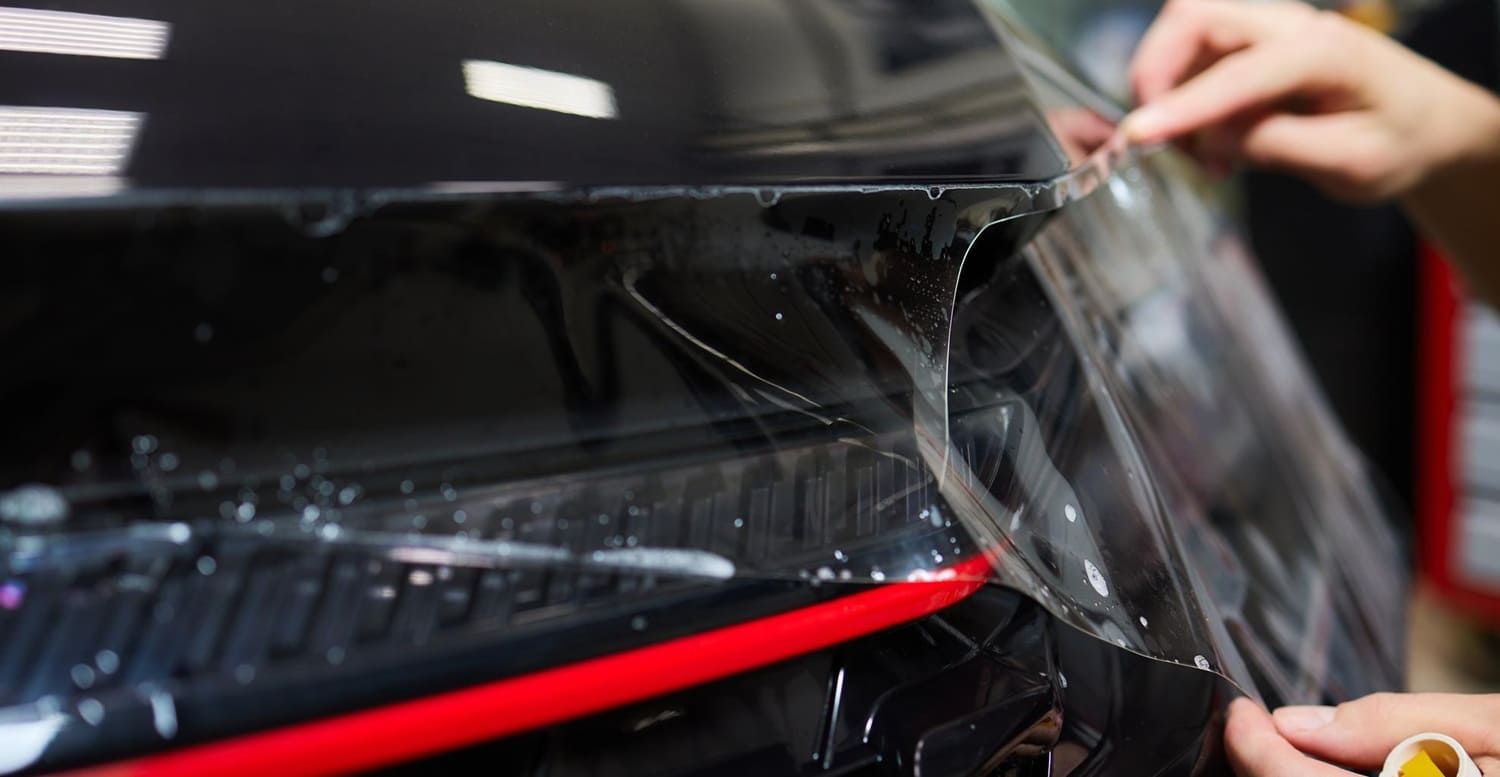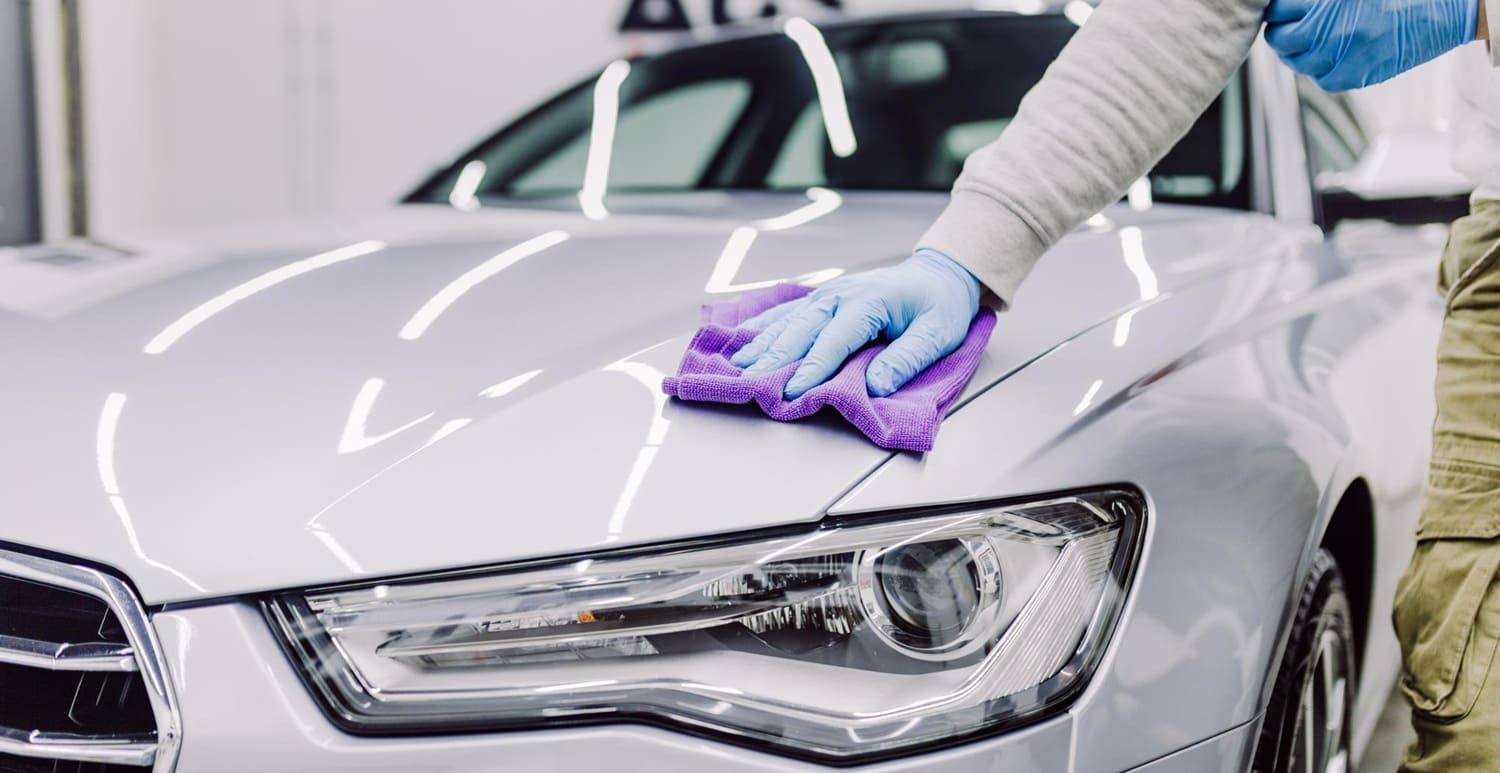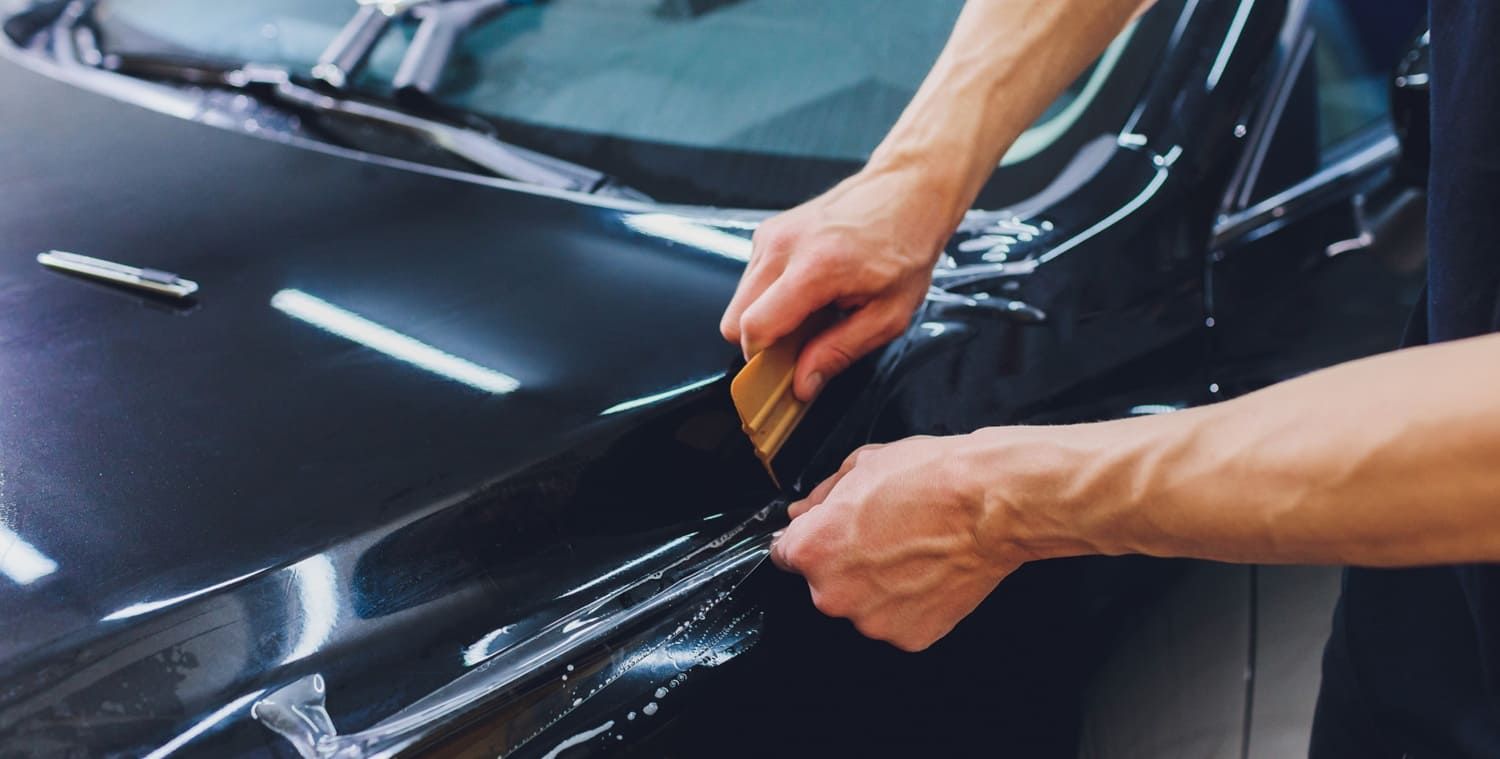How Legal Is Your Window Tint? Find Out Here
When it comes to customizing your vehicle, window tinting is a popular choice. It not only enhances the look of your car but also provides privacy and protection from the sun's harmful rays. The aesthetic appeal of tinted windows can give your vehicle a sleek, modern look, while the practical benefits include reducing glare and keeping the interior cooler during hot weather. However, not all window tints are created equal in the eyes of the law. Understanding the legalities of window tinting is crucial to avoid fines and ensure safe driving. Many drivers overlook these regulations, but being informed can save you from unnecessary legal troubles and enhance your driving experience.
In this guide, we'll explore the ins and outs of window tint laws, including whether any recent changes, like those attributed to Trump, have affected legality. We'll also cover specific regulations, such as car window tinting laws in California, to help you determine if your tint is legal. By the end of this article, you should have a comprehensive understanding of how to navigate the complex web of window tint regulations and make informed decisions about tinting your vehicle.
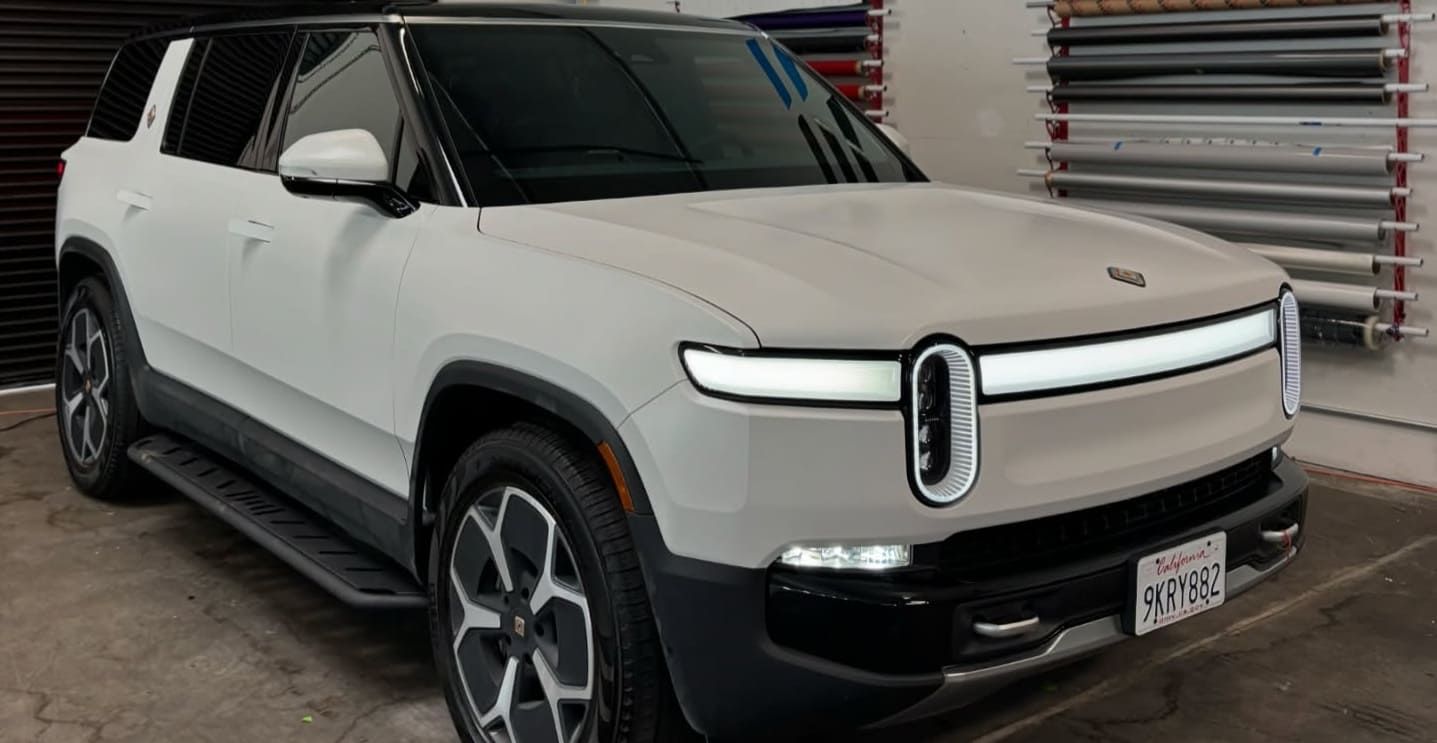
Understanding Window Tint Laws
Window tint laws vary widely from state to state and can even differ between counties or municipalities. These laws regulate the darkness and reflectivity of window tints, measured by Visible Light Transmission (VLT) percentage. VLT indicates the amount of visible light that can pass through the tinted window. A lower VLT means darker tint. This diversity in regulations means that a tint perfectly legal in one area could be illegal just a few miles away. Understanding these nuances is essential for any car owner considering window tinting.
Federal vs. State Laws
While there are no federal laws regulating window tint, each state in the U.S. has its own set of rules. These state laws are designed to ensure drivers have enough visibility to drive safely while allowing some level of tinting for comfort and privacy. The absence of federal guidelines means that states have the flexibility to tailor their laws based on local needs and driving conditions. For instance, states with high levels of sunshine might permit darker tints to protect drivers from glare and heat, while others prioritize visibility for safety reasons.
Key Terms to Know
- VLT (Visible Light Transmission): The percentage of light that can pass through the window. A higher VLT indicates a lighter tint, allowing more light to pass through, while a lower VLT signifies a darker tint.
- Front Side Windows: The windows next to the driver and passenger seats. These are often subject to stricter regulations to ensure clear visibility for safe driving.
- Rear Side Windows: The windows behind the front side windows. Regulations here can be more lenient, allowing for darker tints since they don't impact the driver's visibility as directly.
- Back Window: The window at the rear of the vehicle. Tinting regulations for this window often consider factors like rearview mirror visibility and backup camera functionality.
- Windshield: The front window of the car. Most laws restrict tinting on the windshield to a small strip at the top, known as an "eyebrow," to reduce sun glare without obstructing the driver's view.
Did Trump Make Window Tint Legal?
There have been rumors and misconceptions about whether former President Donald Trump passed any laws making window tint legal at a federal level. It's important to clarify that window tinting laws remain a state-regulated issue. There were no federal changes under Trump's administration specifically addressing window tint legality. This misconception may have arisen from general discussions on automotive regulations during his tenure, but no specific policies were enacted regarding window tinting.
State-Specific Regulations
To determine if your window tint is legal, you need to refer to the regulations of your specific state. Here are some key points for a few states:
- California: The state has strict window tinting laws. The front side windows must allow more than 70% of light in, while the back side and rear windows can have any darkness. Reflective tint is not allowed on front side windows. This strict regulation reflects California's focus on road safety and visibility.
- Florida: Front side windows must have a VLT of 28% or more. The rear side windows and back window can have a VLT of 15% or more. Florida's regulations consider the state's sunny climate, allowing for darker tints to provide sun protection while maintaining safety.
- New York: The law requires a VLT of 70% or more for all windows, including the rear and side windows. New York's approach emphasizes visibility and safety in its often congested and bustling urban environments.
Medical Exemptions
Some states offer medical exemptions for those who require darker tints for health reasons, such as sensitivity to sunlight. These exemptions are typically granted for conditions like lupus or xeroderma pigmentosum, where UV exposure poses significant health risks. If you think you might qualify, consult your state's department of motor vehicles for the necessary documentation and approval process. It's crucial to follow the correct procedures to ensure that your medical exemption is recognized during any roadside checks.
Consequences of Illegal Window Tint
Driving with illegal window tint can result in fines, penalties, and even the need to remove the tint. The consequences vary by state but generally include:
- Fines: Depending on the state, fines for illegal tint can range from $50 to $500 or more. Repeat offenders might face higher penalties and additional legal action.
- Fix-it Tickets: You may be issued a ticket requiring you to remove or adjust your tint to meet legal standards. This type of ticket gives you a deadline to correct the issue, often requiring proof of compliance.
- Increased Insurance Rates: Having a ticket for illegal tint may affect your insurance premiums. Insurers might view such infractions as indicative of riskier behavior, leading to increased rates.
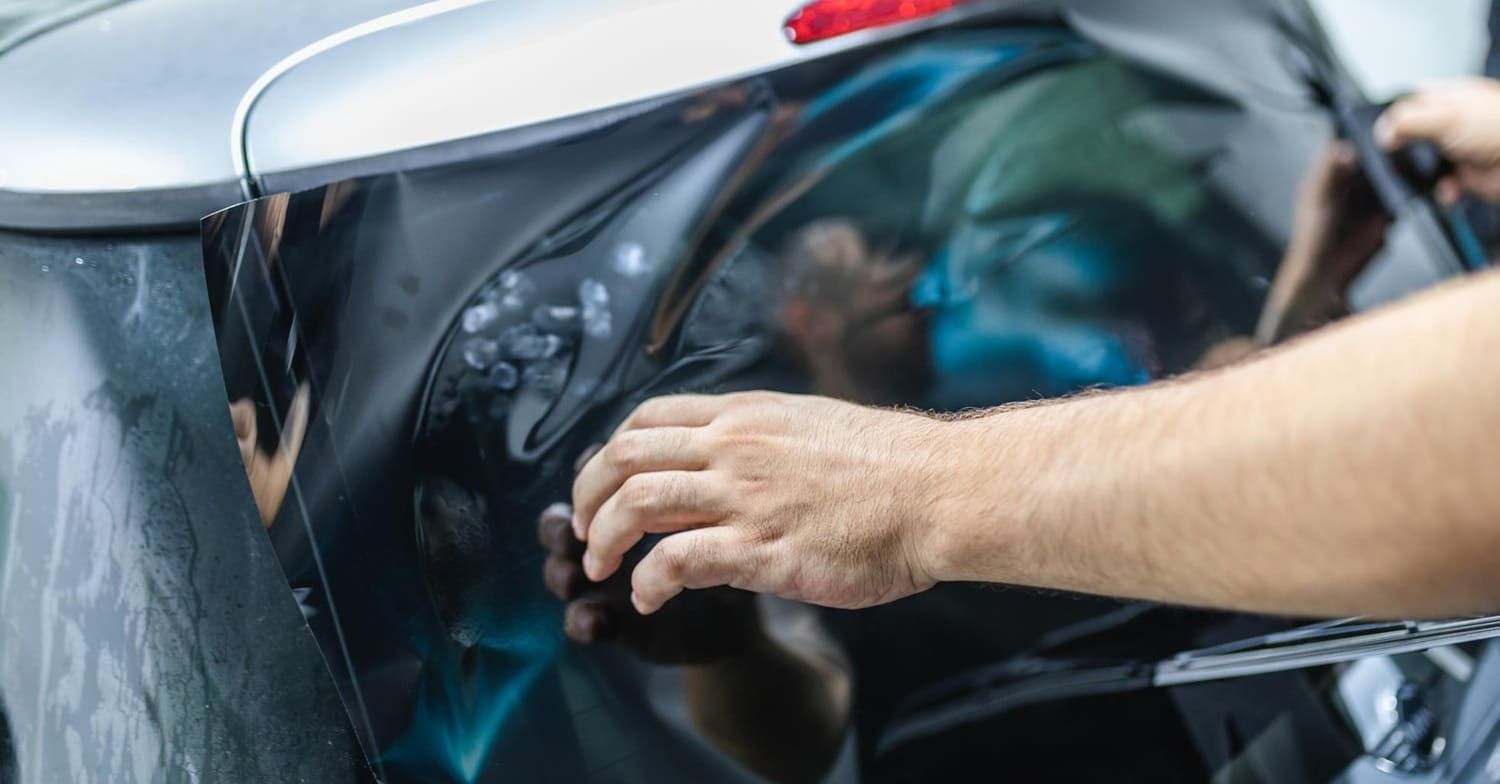
How to Ensure Your Tint Is Legal
To avoid legal issues, it's best to consult with a professional window tinting service familiar with your state's laws. Here are some tips to ensure your tint complies with regulations:
Choose a Reputable Tinting Service
- Experience: Select a service with experience and knowledge of local laws. An experienced service can provide guidance on what is legally permissible and aesthetically pleasing.
- Quality Products: Ensure they use high-quality tint films that meet legal standards. Quality products are less likely to fade or bubble, ensuring long-term satisfaction.
- Warranties: Look for warranties that cover fading, peeling, and bubbling. A good warranty provides peace of mind, knowing that any issues will be addressed without additional cost.
Verify Tint Levels
- Test Tint Levels: Many services offer VLT measurement to ensure compliance. This testing can provide assurance that your tint meets state regulations.
- Keep Documentation: Retain receipts and any certification that verifies the tint's legality. Documentation can be invaluable if you ever need to prove the legality of your tint to law enforcement.
Regular Checks
- Routine Inspections: Periodically check your tint's condition and legality, especially if you move to a different state with different laws. Regular inspections can catch issues like fading or peeling early, preventing legal complications.
- Stay Updated: Laws can change, so staying informed about any updates to tint regulations in your area is crucial. Being proactive ensures you remain compliant and avoid unnecessary fines.
Conclusion
Window tinting can be a great way to enhance your vehicle's appearance and comfort. At Ultimate Film Solutions, your professional window tinting installers serving North Hollywood & Sacramento, CA, we help you not only achieve a stylish, comfortable ride but also stay fully compliant with local tint laws.
It’s essential to stay informed about the legal requirements in your area to avoid fines and ensure safe driving. By understanding the regulations, choosing a reputable tinting service like ours, and regularly checking your tint, you can enjoy all the benefits of tinted windows without any legal headaches.
Contact Ultimate Film Solutions today for a free estimate and expert advice on achieving the perfect, law-compliant tint for your vehicle.
Taking these proactive steps not only protects you legally but also enhances your driving experience—providing comfort, protection, and sleek style.
Stay informed and drive safely with Ultimate Film Solutions!

